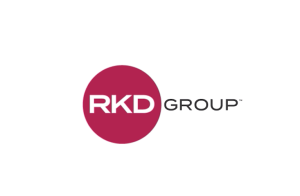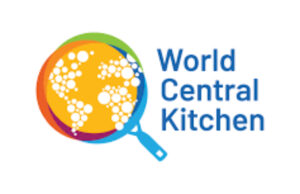Goodwill Industries of the Greater East Bay closed eight retail stores within the Alameda, Contra Costa and Solano, Calif. counties, in early March, putting 61 employees out of work.
The Goodwill stores that closed are located in Albany, Berkeley, Dixon, Dublin, Livermore, Oakland (Durant Square) Oakley and Vallejo. The Goodwill Industries of the Greater East Bay website currently lists 20 store locations, none of which are in the eight areas affected by closures.
“We have had to make a difficult decision for economic reasons,” said Goodwill Industries of the Greater East Bay President and CEO Mike Keenan, in a Facebook post. “Our employees are our first priority and we will continue to do everything we can to support them at this difficult time and fulfill the Goodwill mission in our remaining stores and facilities.”
The stores have been shut for most of the past year due to the coronavirus pandemic, which resulted in strict limitations to in-store shopping. The shutdowns created a significant fiscal challenge for the organization, resulting in “a challenging business decision in order to sustain mission services,” according to the Facebook post.
Laid-off employees received a week’s pay, one month of health benefits and career counseling services such as help applying for Employment Development Department assistance, resume development, mock interviews and job search assistance.
Goodwill Industries of Greater East Bay’s most recently available Form 990 covers the calendar year 2018, which does not reflect the impact of the coronavirus pandemic. During 2018, the organization reported revenue of $26.8 million, up from $23.9 million the previous year, and net assets of just under $10 million, down from $13.8 million.
Store sales make up a significant portion of Goodwill’s operational budget. Goodwill relies on retail revenue to aid its mission of providing employment placement services, training and support services such as child care, financial literacy and transportation to people who face obstacles in finding employment. Recipients include people with disabilities, people impacted by the criminal justice system, those who are under- or unemployed, veterans and military families, older workers and young adults.












